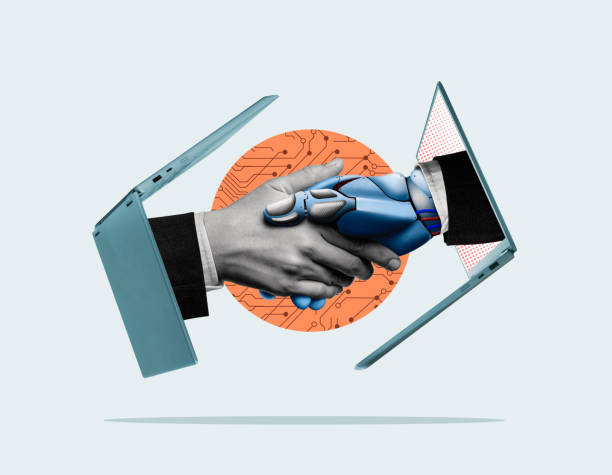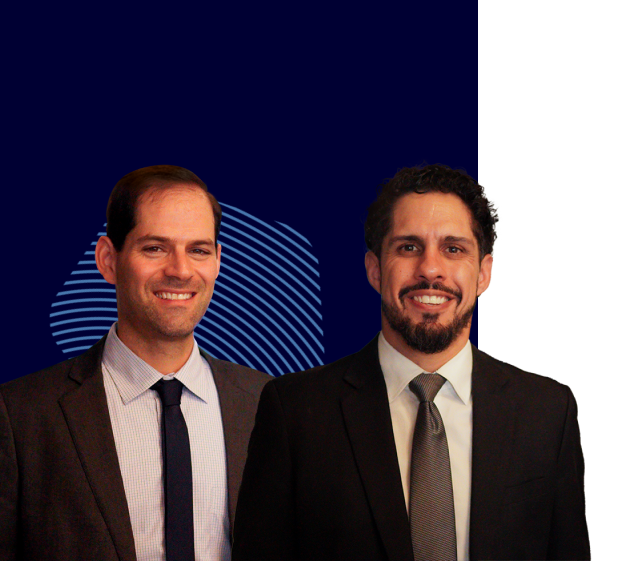Written by: Eric Goldman, Esq.
I read Stewart Baker’s op-ed entitled “Anthropic’s Settlement Shows the U.S. Can’t Afford AI Copyright Lawsuits” and am writing to address some of the flaws in Mr. Baker’s analysis.
As a preliminary matter, I believe it must be stressed that copyright protection is built into the very fabric of our democracy. Ensuring the progress of the arts and sciences was considered so important to the functioning of a vibrant democracy that it was included in the U.S Constitution. At Article I, Section 8, Clause 8, the U.S. Constitution states:
[the United States Congress shall have power] To promote the Progress of Science and useful Arts, by securing for limited Times to Authors and Inventors the exclusive Right to their respective Writing and Discoveries.
Putting aside the fact that Mr. Baker appears to advocate the circumvention of an enumerated power of Congress by the Executive Branch through the exercise of Defense Production Act, the Constitutional background is unnecessary to defeat Mr. Baker’s arguments, as they themselves provide sufficient ammunition to destroy his thesis.
Mr. Baker’s article focuses on the recent settlement of a copyright litigation case brought against Anthropic PBC by a group of authors. The suit alleged that Anthropic used copyright protected material in the training of its large language model AI system without the permission of the copyright owners. Mr. Baker laments the $1.5 billion settlement paid by Anthropic to settle that lawsuit as a dangerous precedent.
However, by Mr. Baker’s own admission, Anthropic avoided a potential trillion dollars in liability by agreeing to pay $1.5 billion – meaning Anthropic is paying “pennies on the dollar” here. The authors will receive approximately $3,000 for each of the 500,000 books covered by the settlement. Considering that as of September 2, 2025, Anthropic completed a Series F $13 billion round of fundraising and is valued at $183 billion, the settlement is hardly an existential threat to the company. So perhaps the threat to national security Mr. Baker laments is not quite as meaningful as he would have his readers believe.
Turning to Mr. Baker’s enumerated claims, his arguments fail to persuade. Initially, Mr. Baker laments the fact that copyright ownership is often divided among many subsidiary rights holders. According to Mr. Baker, this multiplicity of ownership makes licensing rights in these works a hopeless endeavor. What Mr. Baker fails to mention is that every single one of the books in question has been commercially licensed successfully. So, it would appear that this diversity in ownership has not been a barrier to commercialization in other contexts.
Second, Mr. Baker notes that not all copying violates copyright, because some copying is deemed to be fair use. Technically, this is false. All unauthorized copying violates the copyright in the copied work; however, the fair use doctrine provides a defense to liability for that copying under limited circumstances, to be determined on a case-by-case basis. Fair use is not a blanket right, it is not an entitlement. Contrary to Mr. Baker’s suggestion, here Anthropic’s AI system was being used to compete with the litigating authors, a factor that would have weighed heavily against a finding of fair use.
Mr. Baker then presents the proposition that copyright has been revolutionized over the past 50 years largely through the efforts of The Walt Disney Company. However, Mr. Baker overstates the nature of the changes to U.S. copyright law obtained by the Sonny Bono Copyright Term Extension Act of 1998, sometimes referred to as the “Mickey Mouse Protection Act.” Yes, that act did extend the period of protection granted to copyright holders, to harmonize U.S. law with the laws of most other democracies around the world. However, that Act did not originate the concept of statutory damages, the existence of which were included in The Copyright Act of 1976; nor did that Act increase the amount of statutory damages available, dramatically or otherwise. Statutory damages typically range from $750 to $30,000, reaching the $150,000 cited by Mr. Baker only in the rare case of proven willful infringement.
The next argument proposed by Mr. Baker is that statutory damages are a “godsend for class action lawyers.” What Mr. Baker fails to note is that attorneys’ fees in copyright infringement cases, made available by §505 of the Copyright Act of 1976, are subject to the discretion of the court and must take into account all relevant circumstances, as discussed in the Supreme Court case Kirtsaeng v. John Wiley and Sons. Thus, there is already ample protection in place against unscrupulous copyright litigation attorneys.
In his journey towards concluding that the Defense Production Act must be invoked to protect the development of the U.S AI industry, Mr. Baker weaves a hypothetical path through some possible reasons why the Trump Administration has not imposed a blanket fair use entitlement for AI companies, none of which appear to be grounded in citable facts. However, a cursory review of the history of the Defense Production Act reveals why it is not the panacea Mr. Baker views it to be.
The Defense Production Act allows the President to deem certain specific goods as “critical and strategic” and then to impose restrictions on the marketplace accordingly. Both Democratic and Republican administrations have utilized the DPA. Simply put, the implementation of the Defense Production Act has always been subject to the vagaries of the then-current political landscape. The use of the DPA to implement price controls, as contemplated here, requires a joint resolution of Congress. Also, what one President views as critical to the national defense may not carry over to the subsequent administration. President Reagan famously rescinded President Carter’s invocation of the DPA to curb the export of hazardous materials. Thus, invoking the DPA would not provide the AI industry with a stable, reliable business environment, something every industry needs in order to thrive.
I believe what Mr. Baker intended to propose is a compulsory licensing scheme analogous to the one already established under U.S. law for certain music publishing rights, as opposed to the declaration of a blanket fair use right for the training of AI systems. Such a concept is actively being discussed by those knowledgeable of the intricacies of copyright law, and would be implemented by an act of Congress rather than Presidential fiat. Such a discussion would also include an appreciation of how a free market and a vibrant democracy have always been this nations’ best defense against the controlled economies of communist regimes such as China.
In sum, then, Mr. Baker’s position simply misses the mark. It misstates history, confuses policy with politics and advocates a result that will not achieve his stated goal, which is to support the continued development of the U.S. AI industry.


